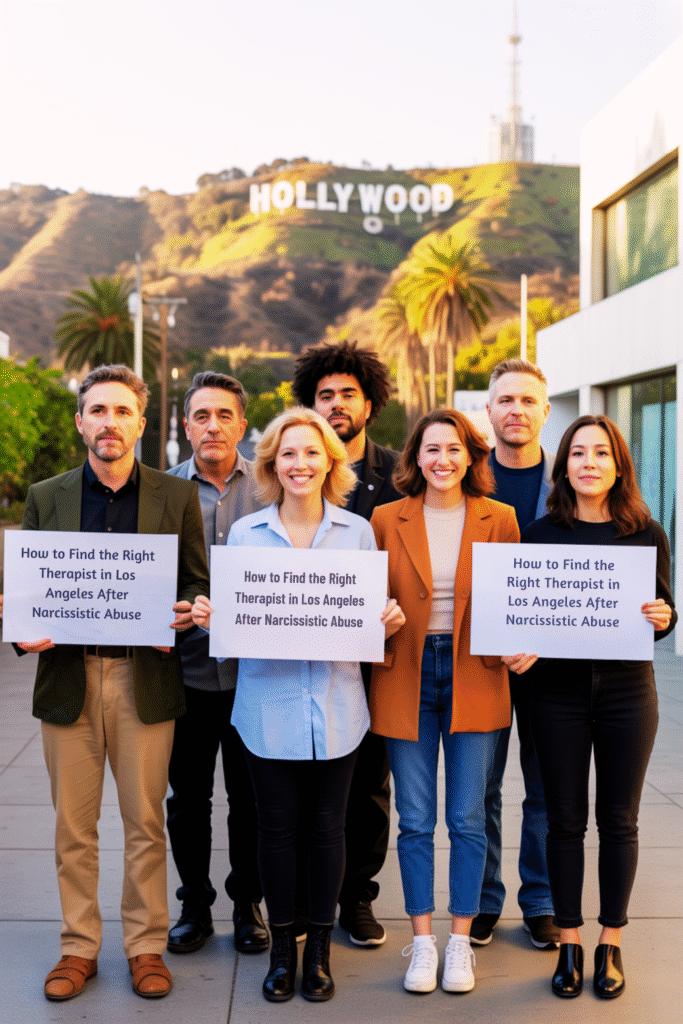Now Reading: No Contact, New Life: How Distance Creates Safety (and Sanity)
- 01
No Contact, New Life: How Distance Creates Safety (and Sanity)

No Contact, New Life: How Distance Creates Safety (and Sanity)
🚫 The Hardest Boundary You’ll Ever Set
Let’s cut the fluff:
Going No Contact with a narcissist is one of the hardest — and most life-saving — moves a survivor can make.
It feels like losing a limb and gaining oxygen at the same time.
It’s grief. It’s rage. It’s withdrawal. It’s peace — that shows up in weird, uncomfortable ways at first.
If you’ve tried it, thought about it, or failed 47 times and are still trying, let me say this clearly:
You’re not weak. You’re detoxing. And you’re doing better than you think.
🧠 Why Narcissistic Abuse Creates Addictive Bonds
Narcissistic relationships are built on trauma bonding — a cycle of reward and punishment that mimics emotional addiction.
It works like this:
- They love bomb you (dopamine high)
- They devalue you (cortisol spike)
- They withdraw or rage (panic, fear of abandonment)
- They hoover or apologize (relief, attachment re-activated)
Repeat. Over and over. Your brain gets wired to crave their approval like a drug.
So when you go no contact? Withdrawal hits. Hard.
😱 The Panic After No Contact is Normal
You’ll think:
“What if I was wrong?”
“What if they’re suffering?”
“Maybe I overreacted…”
“Maybe it wasn’t that bad.”
“I just need closure.”
That’s not clarity — that’s trauma addiction.
It’s the brain trying to make sense of silence after years of chaos.
Here’s the truth:
You don’t need their permission to leave.
You don’t need their apology to heal.
You don’t need their reaction to validate your boundary.
🛑 What No Contact Actually Is
Let’s define it clean:
- No messages
- No calls
- No social media (mute, block, unfollow, delete)
- No “just checking on them” through mutual friends
- No responding to “emergencies” unless it’s legally necessary (co-parenting aside)
- No keeping pictures, emails, or mementos that tempt you to re-engage
No contact means: They no longer get access to your mind, time, energy, or peace.
No audience. No stage. Curtain’s down.
🔥 7 Real Things That Happen When You Go No Contact
1.
You Grieve Like Someone Died
Because something did.
Not just the relationship — but the illusion of who they pretended to be.
Grieve the dream. Grieve the version of you who tried. Grieve it all.
It doesn’t mean you were wrong to leave — it means you’re brave enough to feel it.
2.
You Feel Guilty (Even Though You Shouldn’t)
Why? Because narcissists trained you to feel guilty every time you chose yourself.
That guilt is a lie they left behind in your nervous system.
New mantra:
“I can feel guilty and still do what’s right for me.”
3.
They Hoover You (Because They Hate Losing Control)
They’ll test you:
- “I miss you”
- “You’re the only one who ever understood me”
- “Can we talk just once for closure?”
- “My [pet/family member/car/Instagram got hacked] — please help.”
That’s not love. That’s bait.
The hoover is not a compliment. It’s a control test.
4.
You Doubt Everything (Temporarily)
You might romanticize the good times. It’s normal. But remember:
Those moments were part of the abuse cycle. They weren’t sustainable. They weren’t real love.
When in doubt, journal:
- What was I really feeling during the “good” times?
- What did I have to ignore to stay there?
- Who was I becoming to survive?
5.
Your Body Begins to Calm Down (And It Feels Weird)
No more random texts = no more random cortisol dumps.
Your digestion improves. Sleep gets better. You breathe deeper.
At first, the calm feels unsettling. That’s okay.
Peace can feel foreign when you’re used to war.
6.
You Realize How Much You Were Monitoring Yourself
No more walking on eggshells. No more “How will they take this?” No more micro-managing tone and timing and delivery.
You get to speak, dress, think, and exist without editing yourself.
It’s intoxicating. It’s scary. It’s freedom.
7.
You Start Rebuilding Identity — One Boundary at a Time
No contact isn’t just about them.
It’s about you learning to protect your own energy — because you’re finally worthy of protection.
It’s not a wall. It’s a door that locks from the inside now.
🧰 Tools to Help You Stay No Contact (Even When You Want to Crack)
1.
The “No Contact” Letter (That You Don’t Send)
Write it raw. Write it real. Say everything you want. Then delete it. Burn it. Save it privately.
Closure comes from expression — not their reply.
2.
Digital Detox Protocol
- Block them everywhere (yes, everywhere)
- Mute their name in group chats
- Use a notes app to journal instead of texting them
- Screenshot the urge to reach out and caption it: “This is the trauma. Not me.”
3.
Support System: Build Your Post-Narc Squad
No contact doesn’t mean no connection.
Tell one trusted person:
“If I try to reach out to them, can I call you instead?”
Join a recovery group. Talk to a therapist. Or use anonymous online forums if needed.
Isolation breeds relapse. Community creates safety.
4.
Create a No Contact Ritual
Light a candle. Write a boundary on paper. Cut a cord. Take a bath. Do a full-body wrap in your sauna or weighted blanket.
Give your nervous system a signal:
“We’re choosing us now. It’s safe to let go.”
📓 Journal Prompt: No Contact Survival Check-In
1. What triggered my urge to reach out today?
2. What’s the story I’m telling myself about this urge?
3. What’s actually true?
4. What do I need instead?
5. How can I meet that need without them?
🎯 Distance Isn’t Cruel — It’s Sacred
Narcissists don’t need closure. They need control.
You don’t owe them another text, reply, explanation, or “one last conversation.”
You owe yourself peace. Space. Reclamation. Safety. Sanity.
And every day you hold that boundary? You’re rebuilding your life.
Not in spite of the silence — but because of it.















